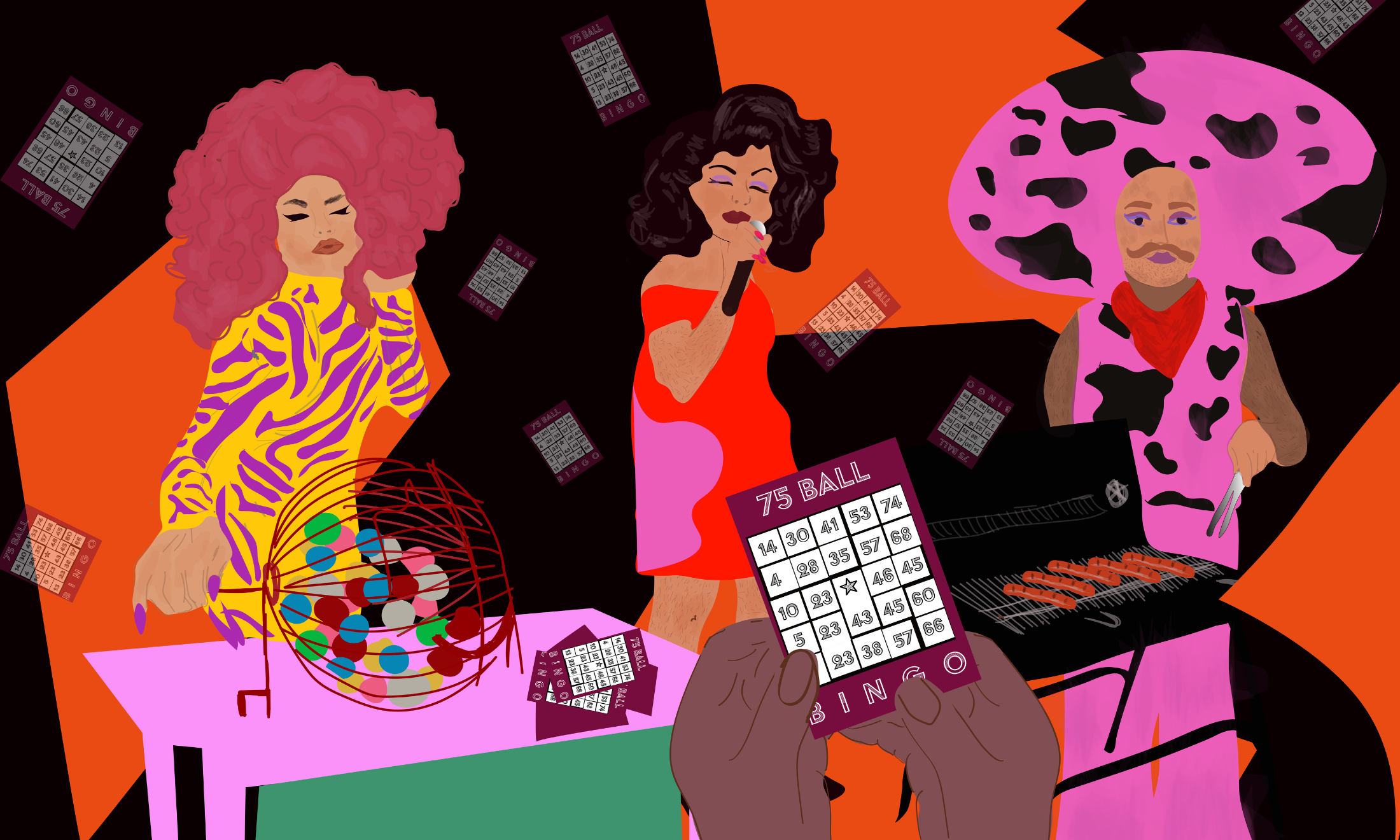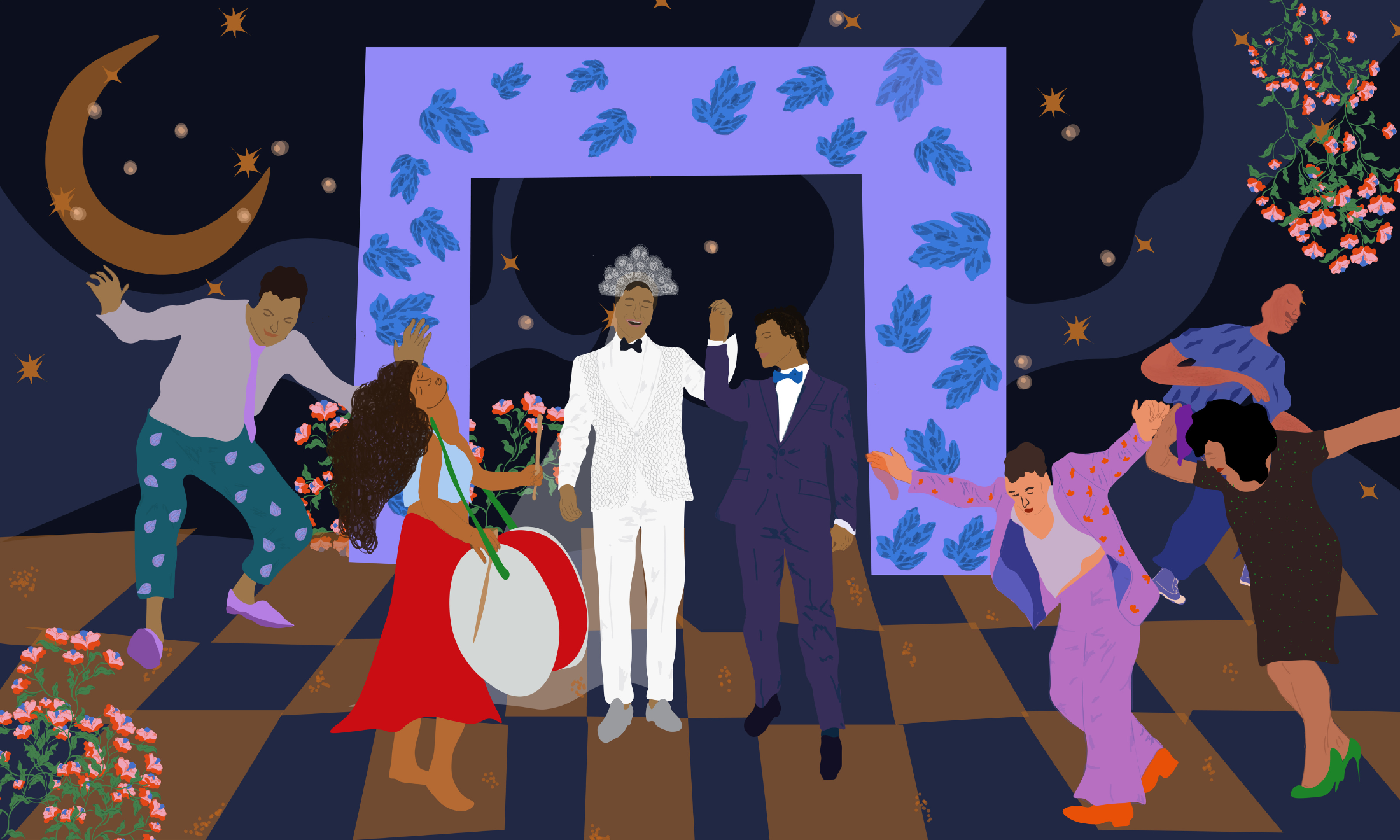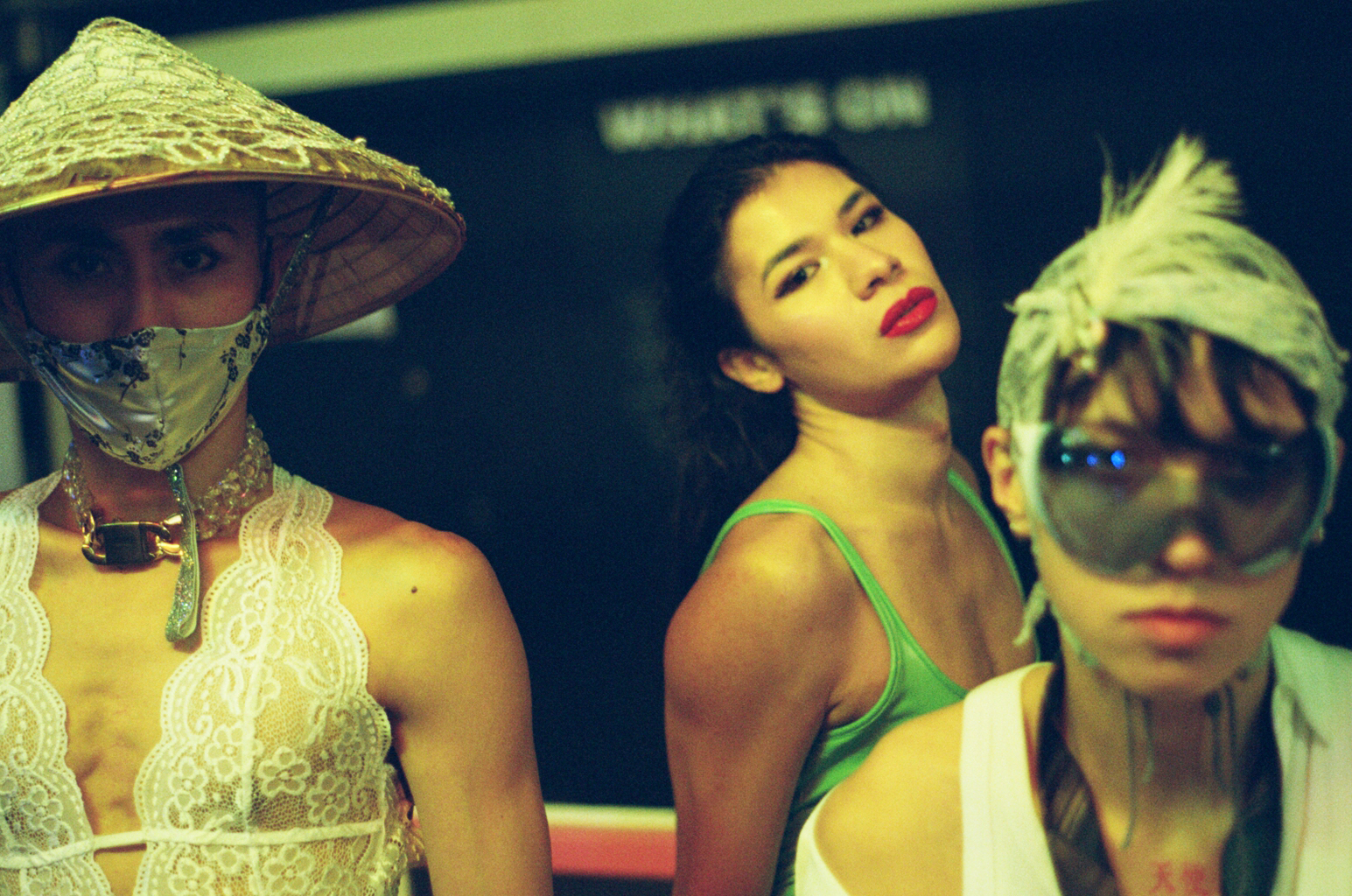
Life as a queer, British Ahmadi Muslim: persecution and the struggle for acknowledgement
Shiri Shah
19 Oct 2016
This is an announcement of my presence as a queer Ahmadi Muslim, a first generation migrant from the South Asian diaspora, and a British woman. After the recent murder of shopkeeper Asad Shah in Glasgow, who followed my sect of Islam and was killed for “disrespecting the prophet Mohammed”, and the underreported “sort of apartheid” within Tooting as shops refused to serve Ahmadi customers, it seems even more important to speak up.
Apart from only being just over 100 years old, the main difference between Ahmadis and non-Ahmadi Muslims is that we believe that the caliph, a person considered a religious successor to the Islamic prophet, has been sent down by Allah to resurrect the true practice of Islam. In contrast, other sects are still awaiting the caliph to be sent for the revival of Islam. This may seem insignificant to an outsider, but it has led to the widespread systematic oppression of my community in Pakistan and beyond.
According to The World Christian Encyclopedia, Ahmadiyyat is the fastest growing sect of Islam of the early 21st century and there are around 30,000 Ahmadi Muslims in the UK. We have established charities in six continents and often take part in community services such as visiting the elderly, going on charity walks, and attending multi-faith and political conventions. One of our members is the Lord of Wimbledon.
“Most people assume that I’m Muslim, but don’t understand what being an Ahmadi Muslim means”
But, because of the way other Muslim people treat us and our necessarily closely-monitored and tight-knit community, I have struggled to find other Ahmadi queers and radicals. I have found myself being stopped by Muslim men in Morden handing out leaflets asking if I am a “Qadiani” (a slur used to refer to Ahmadi Muslims) and turning their backs when I reply, “In theory, yes”. Because of the generational trauma caused by our persecution in India and Pakistan beginning near the end of the 19th century, because of living in fear – like when I would see my mother and sister-in-law staring at their phones, waiting for the latest news from Pakistan as to whether their family had been released safely or killed in a hostage situation during prayers – we cloak ourselves in invisibility, and assimilate into whatever culture we flee to.
We are not allowed to attend Hajj, as on Pakistani passports Ahmadis are not listed as “Muslim” but simply “Ahmadi”, a tiny minority of Pakistan. Most online content centring on us is written by radical Muslims who debate our authenticity. It is time to break the silence, as we are a huge, multicultural community in Britain.
When I’m speaking to people I have just met, or people I have known for years, I rarely bring up Ahmadiyyat. It’s hard to explain over a drink (a drink which should not be in my hand in the first place as alcohol is prohibited in Islam), and most people assume that I’m Muslim, but don’t understand what being an Ahmadi Muslim means. It’s tricky to explain why, in many Muslim countries such as Pakistan, Bangladesh, and Indonesia, Ahmadis are declared “kafirs” or “infidels” by law, and how this sentiment travels alongside migration; why I don’t run in various Islamic circles; or why I celebrate Eid a few days later than most. Certainly, it was difficult when I was a child and taught to be careful about voicing my faith, but as time went on rather than being difficult it just became tiresome. I became lazy and lost my voice.
“We cloak ourselves in invisibility, and assimilate into whatever culture we flee to”
When I was growing up the only time I saw “outsiders” taking an interest in our community was when politicians in London, where I grew up, stepped over our threshold, attempting to break down barriers by speaking at our annual peace conferences and Jalsa Salana (annual gathering). But Ahmadiyyat is slowly becoming a popular topic in the media. The aforementioned killing of Asad Shah triggered an eruption of headlines and scandal. Muslims killing other Muslims for not being Muslim enough, or for not being the “right kind of Muslim” seems ludicrous to those who are not part of our community, but it’s more than a headline to me: it’s a petrifying reality.
Sadly, although I do see a lot of Muslim solidarity within QTIPOC spaces – which is excellent because Muslim queer, trans, and intersex folk have a rough deal in the heteronormative West and safe spaces are paramount to aid good mental health – I have never once seen Ahmadi solidarity in these spaces. I have, however, been part of many dinner table conversations with fellow QTIPOC in which Ahmadiyyat were mentioned in passing. For instance, a queer Muslim friend of mine might bring up their parent’s disdain for the Ahmadi population in the UK: “It’s ridiculous how backwards our parents can be. They’re still unhappy with Ahmadis being granted access to our homes,” they say.
“I do see a lot of Muslim solidarity within QTIPOC spaces – which is excellent because Muslim queer, trans, and intersex folk have a rough deal in the heteronormative West”
I stay quiet. I don’t want to sheepishly bring up my allegiance to the sect. Instead, I muse over the countless mosques we’re not allowed to pray in. These things can be invisible to the naked eye and it takes a monumental amount of energy to constantly uphold my Muslim siblings, specifically the QTIPOC ones, and to simultaneously carry the weight of trauma that non-Ahmadi Muslims inflict upon my own family.
If we don’t start extending our solidarity to Ahmadi Muslims then the hostage situations, murders, and oppression we face will continue until it finally becomes a recognised national issue to British citizens. Politicians such as David Cameron have already addressed the prejudice, but I don’t care for Tory sympathy. I want to be able to navigate queer spaces as an Ahmadi Muslim and have my struggle acknowledged, supported, and appreciated. Because the struggles Ahmadis face are far bigger than Islamophobia. The struggles are far bigger than me having to sit through Cameron’s simpering at the blessing of the leader of our community, Mirza Masroor Ahmad. There’s no queer space in Ahmadiyyat because we aren’t open enough to become well acquainted with the subversive LGBT community, and because the Muslim community have shunned us from entering their houses of worship and community functions.
At the moment I’m Ahmadi at home, and a Muslim outside, but that needs to change.









